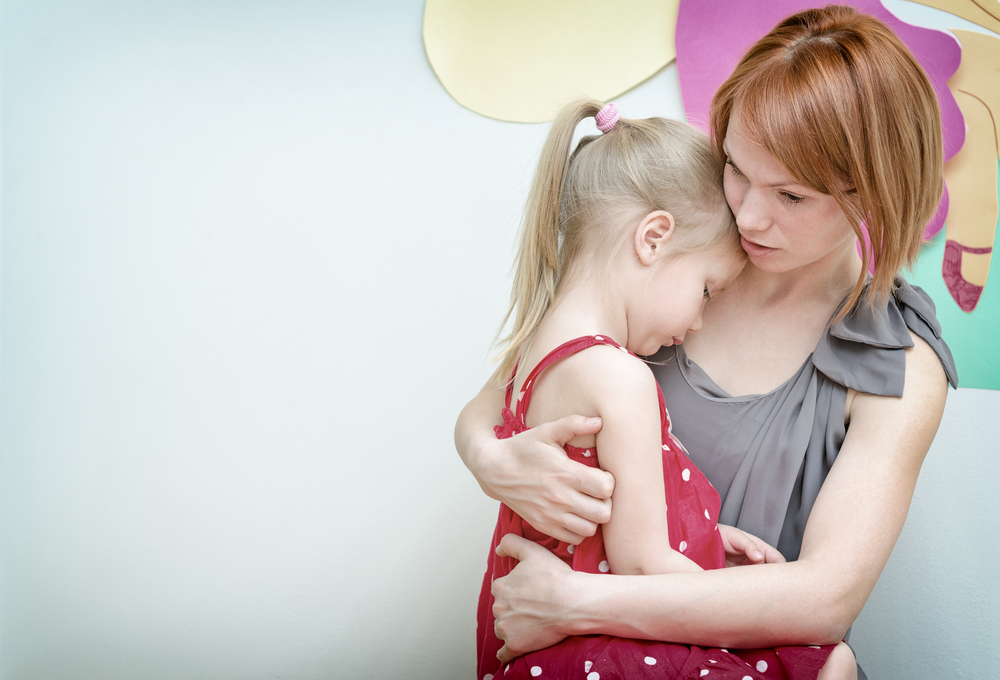Catastrophizing Pain by Parents of Sickle Cell Youth Linked to Lowered Quality of Life

Researchers at the Emory University School of Medicine examined the effects of protective parenting and parent catastrophizing in the quality of life and functional disability of adolescents dealing with chronic pain associated with sickle cell anemia.
Catastophizing refers to over protective parenting that sometimes inteferes with a maturing child’s social, developmental and intellectual potential. In some cases, parental anxiety can add to the patient’s stress and have a overall negative impact on the youth’s function and independence.
The findings indicate that a young patient’s wellbeing could benefit from the integration of parent training during behavioral pain treatment.
The study, “Protective parenting and parent catastrophizing increases risk of functional disability in youth with chronic sickle cell pain”, was presented at the American Pain Society (APS) 35th Annual Scientific Meeting, recently in Austin, Texas.
“Our findings are an important step forward to extend the literature in pediatric sickle cell disease because we are finding consistent patterns that are known to occur in other chronic pain conditions in youth, that is, the key role that parents can play in how children with sickle cell disease cope with pain,” lead author Soumitri Sil, a pediatric psychologist and assistant professor of pediatrics at Emory University said in a press release.
Chronic pain is a common feature of SCA, affecting approximately 23% of young patients and up to 37% of adults. It often leads to moderate-to-severe levels of functional disability and poor quality of life in young SCA patients.
Protective parenting and parent pain catastrophizing are known to influence functional and quality of life indicators in other diseases in which chronic pain is also common, but the effects of parental behavior have not been thoroughly explored in regard to chronic pain in SCA young patients.
In this study, researchers evaluated 40 adolescents with SCA who experience chronic pain three or more days a week, persisting for 3 or more months. The patients were asked to complete measures of pain and disability on a functional disability inventory, while their parents completed measures of catastrophizing and parenting behaviors in response to pain.
Results indicated that parents who tend to engage in high levels of exaggerated protective parenting behaviors were associated with severe child disability. On the other hand, when parents reported low levels of catastrophizing, protective parenting was not associated with child disability.
Researchers attribute the findings to the fact that children of parents who tend to catastrophize pain have less opportunities to engage in daily activities and fewer chances to experience independence and functionality in spite of continued pain.
“Perhaps the parents who have lower levels of catastrophizing are also engaging in some positive forms of communication or support of their child and this is what is reducing the negative effects of protectiveness,” said Tonya M. Palermo, a professor at Seattle Children’s Research Institute. “More research is needed to better characterize the range of parent behaviors that may influence pediatric sickle cell disease pain.”






